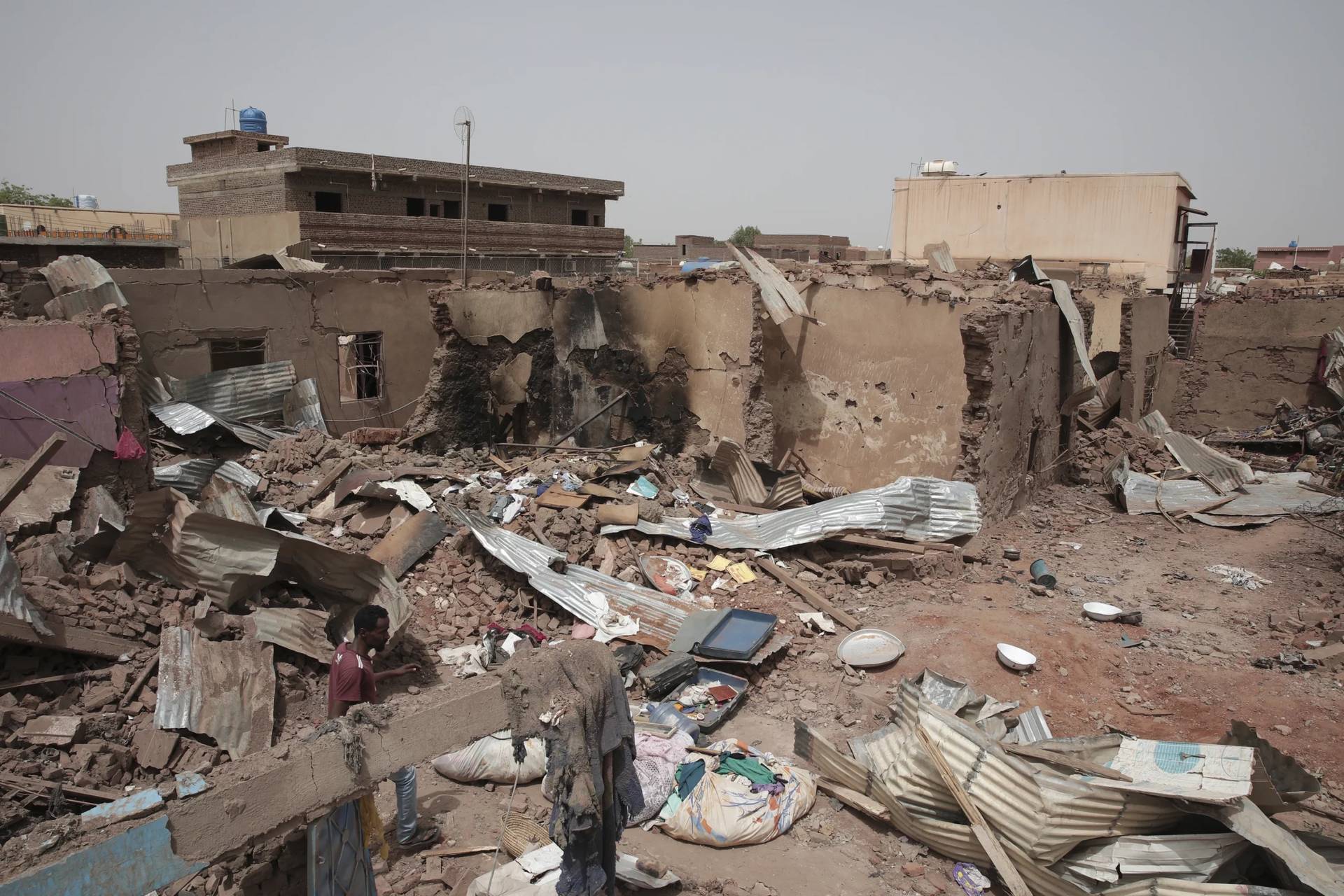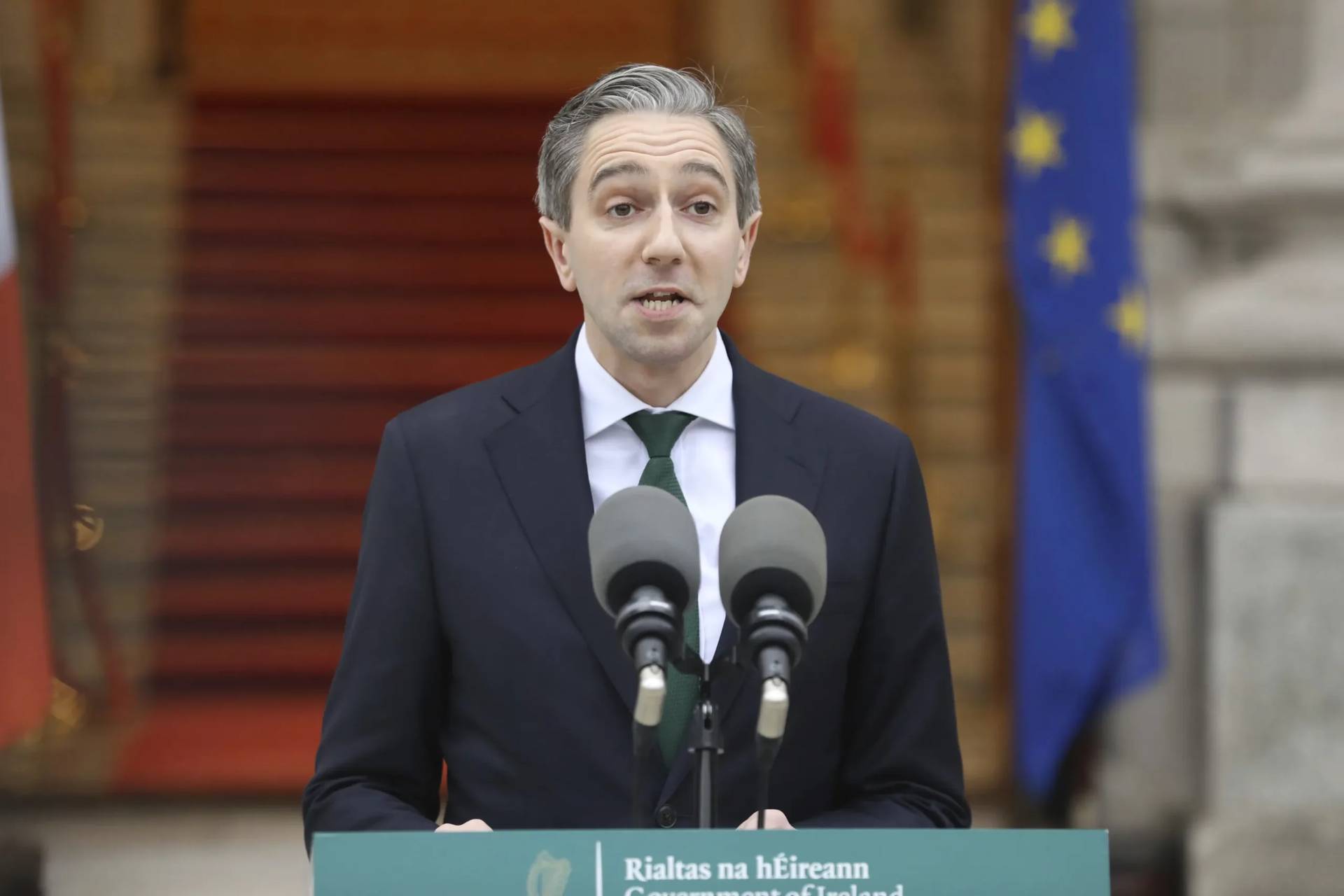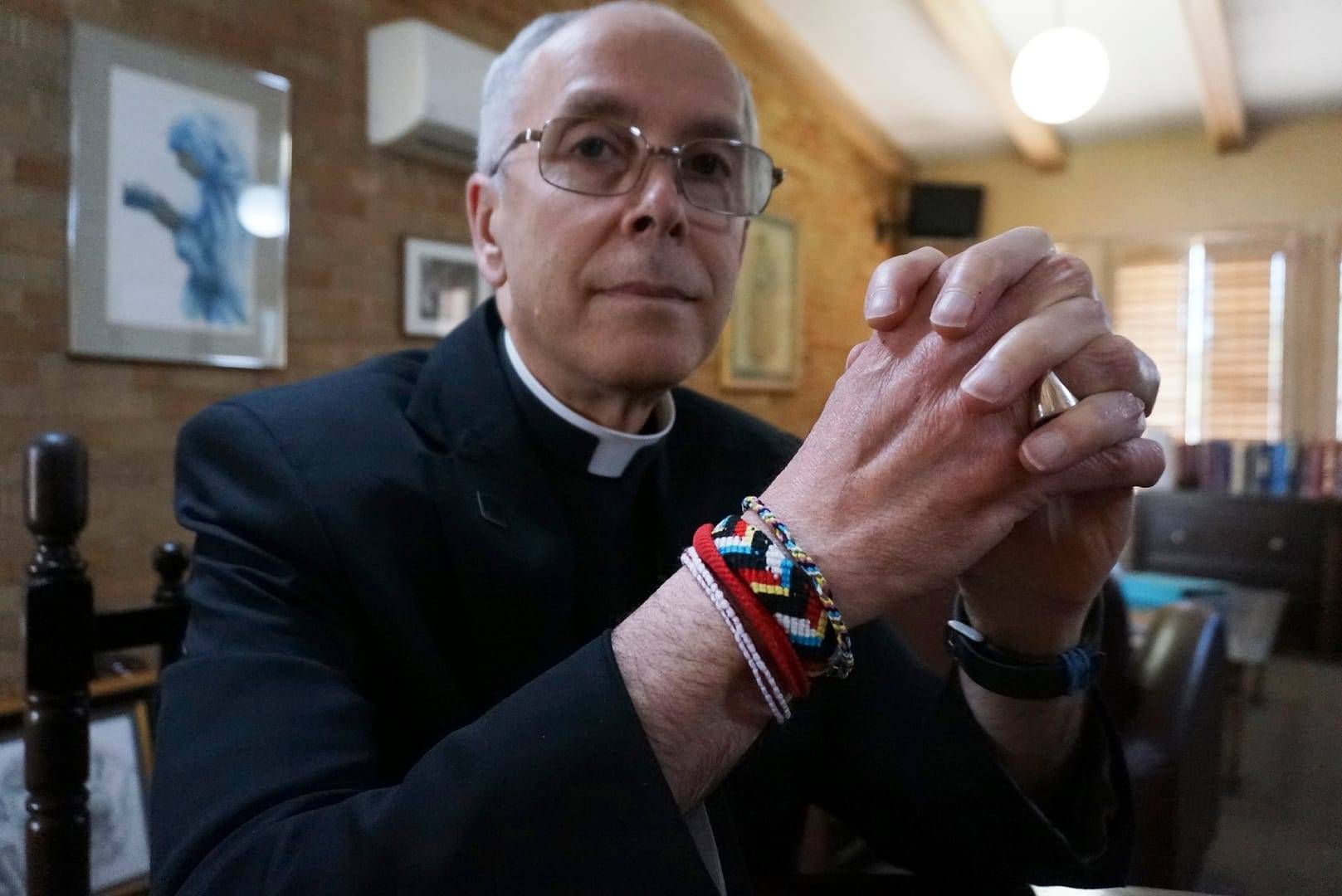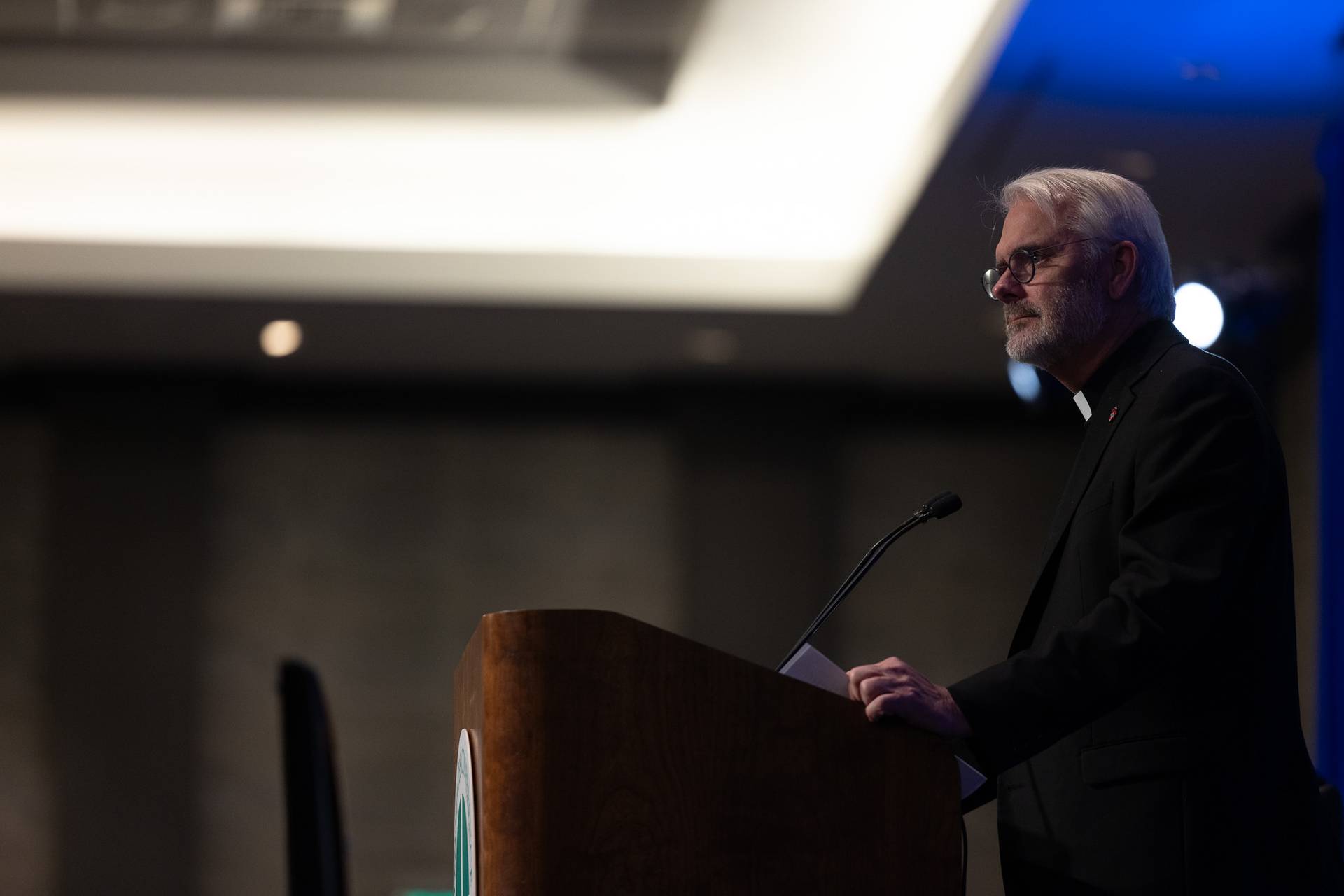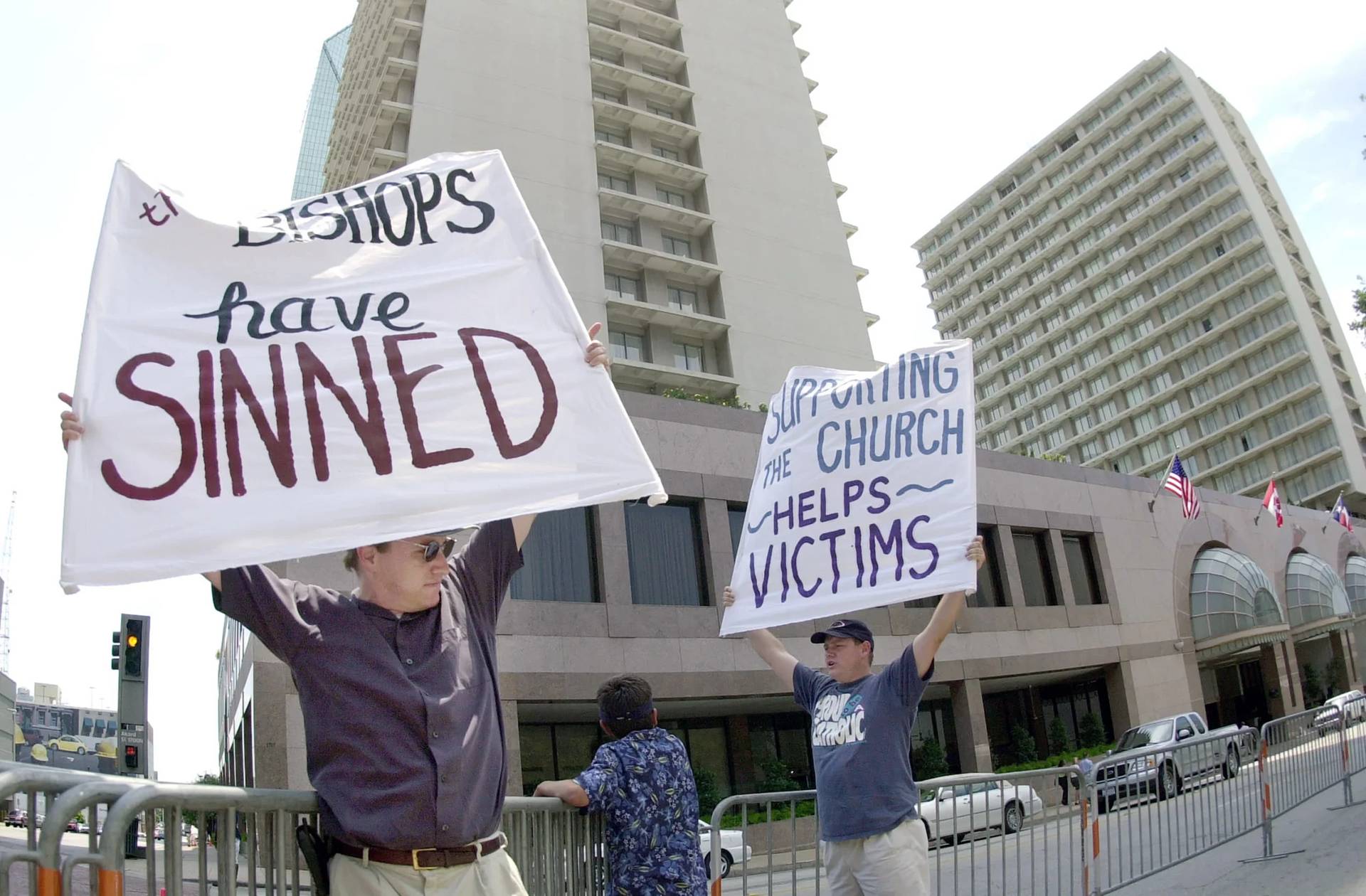NEW YORK – With more than two decades of youth ministry experience, Dr. Ansel Augustine considers his new role with the U.S. Bishops’ Conference Subcommittee on African American Affairs one of bridge-building – not just between clergy and laity, but between older and younger generations of Catholics.
“What we see in our communities, Black and otherwise, is the generation gap, and sometimes I feel like the younger generation with all of this motivation and energy and they want to make change don’t realize the work that has been done up to this point, and that’s because sometimes the connection isn’t there for the wisdom to be passed down and shared,” Augustine said.
“Sometimes for me I feel like what I’ve done in my ministry is to be that bridge builder, which I feel like that’s what God has called me to do, and sometimes being that bridge that people walk over, your back hurts, you get beat up, and all of those things and so I think for here it’s continuing to be that bridge builder between the generations to help them hear the wisdom and see the wisdom on both sides,” he said.
On April 2, Augustine began his appointment as assistant director of the USCCB Subcommittee on African American Affairs, located within the USCCB Secretariat of Cultural Diversity in the Church.
A month in, Augustine spoke with Crux about the new role, and his priorities.
Augustine said he’s still learning the ropes, but so far he said he’s had open and honest conversations with Auxiliary Bishop Emeritus Joseph Perry of Chicago, who leads the Subcommittee, and others within the USCCB, about the challenges Black Catholics have had, and still have, and how the subcommittee can engage especially Black Catholic young adults to help them get their voices heard at the national level.
Augustine said that the subcommittee is working on updating “What We Have Seen and Heard,” a pastoral letter on evangelization from the Black Catholic bishops of the United States in 1984. September 9, 2024, is the document’s 40th anniversary.
Augustine said he has also had conversations with the USCCB communication’s department about how the conference and committee can recognize and commemorate certain events coming up – Juneteenth, and Black Catholic History Month in November among them.
“The key for us is to be creative in how we get our voices heard,” Augustine said.
Augustine began his career in ministry about 25 years ago as the youth minister at his home parish of St. Peter Claver in the Archdiocese of New Orleans. He credits Father Michael Jacques, who was pastor of St. Peter Claver for 30 years until he died in 2013, and Sister Eva Regina Martin, who at that time was the congregation leader for the Sisters of the Holy Family in the archdiocese, for not only starting him in youth ministry, but for being parental-like figures.
Prior to his appointment with the USCCB, Augustine was the director of the Office of Black Catholic Ministries for the Archdiocese of New Orleans, where he was also previously the associate director/coordinator of Black Youth and Young Adult Ministry. He was also previously the executive director of Cultural Diversity and Outreach for the Archdiocese of Washington.
Augustine is on the faculty of the Institute for Black Catholic Studies at Xavier University of Louisiana, at the Graduate Theological Foundation, and at the Institute for Ministry at Loyola University New Orleans.
Stepping in his new role, Augustine acknowledged that there are still hurtful realities that Black Catholics in the United States face – parish closings and mergers that take away “safe, Black Catholic spaces,” elders and older folks dying without the torch getting passed on, and the history of racism in the United States that has “put up blockades.”
The latest figures from the USCCB show that there are approximately 3 million Black Catholics in the United States, with about 800 predominantly Black parishes. However, over the years many have fallen victim to parish mergers and closures. The latest example is in the Archdiocese of Baltimore, where multiple historic Black Catholic churches could close under a consolidation plan.
USCCB data also shows that about 76 percent of Black Catholics attend predominantly white parishes.
Still, Augustine said he remains hopeful because of a generation of Black Catholic youth and young adults, who are “on fire for their faith and wanting to do what they need to do to make the church their own.” He also said he’s hopeful because of the efforts he sees from the USCCB subcommittee, like updating “What We Have Seen and Heard.”
Augustine also said there’s hope in Pope Francis’s emphasis on going to the periphery.
“Sometimes we’ve seen Black Catholics, specifically African American Catholics, being pushed to the peripheries, but it’s from the peripheries we’ve seen some of the greatest work of Jesus Christ coming about in our world so that’s where the hope is for me,” Augustine said.
Augustine was also clear that he isn’t doing this work alone. He’s leaning on his faith, but also Black Catholic leaders who are active and came before him. He has relationships with many of the Black Catholic bishops in the United States that go back years.
There are currently six active and six retired Black Catholic bishops in the United States. There are also sixteen deceased Black Catholic bishops.
“For me, these are stalwart men who stood there and stood in the gap between the community and the church and their bridge builders and sources of inspiration,” Augustine said.
“For me, – and I’m not a bishop, and I don’t want to be a bishop – I feel like I’m also standing in the gap trying to put pieces together and people together, and resources together so that people realize they’re made in the image and likeness of God and they’re called to uphold what the church is calling them to do,” Augustine said.
Follow John Lavenburg on X: @johnlavenburg









